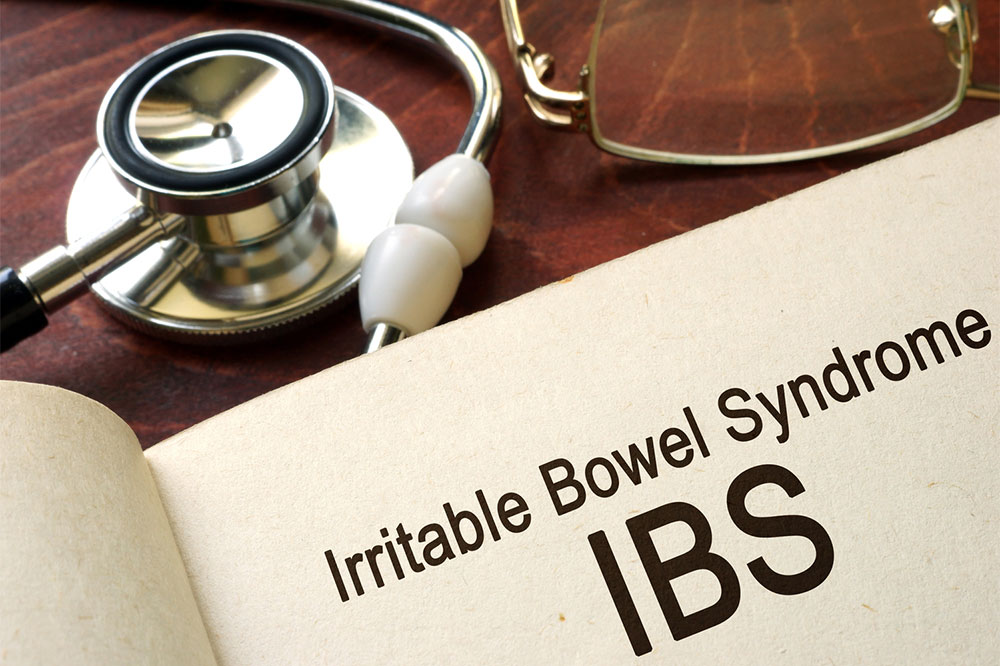Comprehensive Guide to Identifying and Managing Symptoms of Irritable Bowel Syndrome (IBS)
This comprehensive guide provides insights into recognizing the symptoms of Irritable Bowel Syndrome (IBS), emphasizing early diagnosis, lifestyle modifications, and effective management strategies. It highlights common signs such as digestive disturbances, stool pattern changes, and mental health impacts, offering valuable information for those experiencing chronic gastrointestinal issues. Early medical consultation is crucial for successful treatment and improved quality of life.

Comprehensive Guide to Identifying and Managing Symptoms of Irritable Bowel Syndrome (IBS)
Experiencing frequent digestive issues can significantly impact your daily life, and recognizing the early signs of conditions like Irritable Bowel Syndrome (IBS) is vital for effective management and improved well-being. IBS is a common functional gastrointestinal disorder that affects millions worldwide, often leading to discomfort, disruption of routines, and emotional distress. Understanding the symptoms associated with IBS, seeking prompt medical evaluation, and adopting suitable lifestyle changes can greatly enhance quality of life and prevent potential complications.
Persistent digestive discomforts that last for three to six months should not be ignored. If you notice ongoing gastrointestinal symptoms, consulting a healthcare professional is essential for proper diagnosis and personalized treatment plans. Early intervention can help control symptoms, reduce discomfort, and prevent the progression of the condition.
Recognizing the symptoms of IBS requires a keen understanding of various digestive and related signals your body might give. The condition manifests through a wide range of symptoms, some of which overlap with other gastrointestinal disorders. Therefore, accurate recognition and early diagnosis are critical for effective management.
Common symptoms include alterations in appetite, such as feeling prematurely full or experiencing decreased interest in eating, which can lead to nutritional deficiencies if left unaddressed. Digestive disturbances like nausea, heartburn, and acid reflux are prevalent in IBS cases. Many individuals report a lingering burning sensation after meals, which may be aggravated by specific foods, along with episodes of nausea or discomfort.
One of the hallmark signs of IBS is persistent abdominal pain and cramping, often accompanied by bloating and excessive gas, which can cause discomfort and embarrassment. These symptoms tend to fluctuate, with periods of worsening and relief. Bloating may be severe enough to cause a noticeable distension of the abdomen.
Changes in stool patterns are critical indicators of IBS. These include variations in stool color, consistency, or appearance—such as loose stools (diarrhea) or hard, infrequent bowel movements (constipation). Some individuals experience alternating episodes of diarrhea and constipation, which is characteristic of IBS. Additionally, the urgency to pass stool and the feeling of incomplete evacuation can be distressing and interfere with daily activities.
Beyond gastrointestinal symptoms, IBS can have a profound impact on mental and emotional health. Many patients report increased anxiety or depressive symptoms, which can both result from and exacerbate gastrointestinal discomfort. Sleep disturbances and persistent fatigue are common co-travelers, further reducing overall quality of life.
Other less obvious symptoms may include a strange or metallic taste before or after meals, or even throughout the day, and increased urinary urgency or frequent bathroom trips. Some people also experience lower back muscle aches and decreased sexual desire. While these signs are not exclusive to IBS, their presence alongside digestive symptoms can aid in diagnosis.
Recognizing these signs early and seeking professional medical advice is crucial. Accurate diagnosis typically involves medical history evaluation, physical examination, and sometimes laboratory tests or imaging. Avoid self-diagnosis or ignoring persistent symptoms, as untreated IBS can lead to complications or reduced nutrient absorption.
Effective management of IBS includes dietary modifications, stress management techniques, and, in some cases, medication prescribed by healthcare providers. Implementing a balanced diet rich in fiber, reducing intake of trigger foods (like spicy or fatty foods), and maintaining regular physical activity can significantly alleviate symptoms. Furthermore, psychological support or counseling may be beneficial for managing associated anxiety or depression.
In conclusion, understanding and recognizing the comprehensive range of symptoms associated with IBS enables timely intervention. By maintaining awareness and consulting with healthcare professionals early, individuals can better control the condition, improve their digestive health, and enhance their overall well-being.





